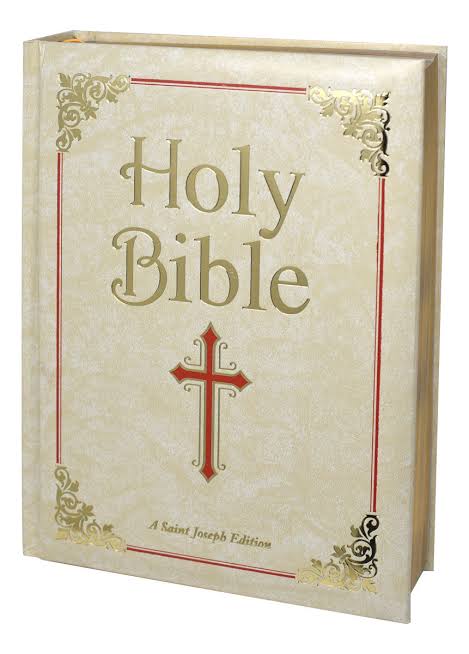The authorship of the Bible is a complex and multifaceted topic. The Bible is not the work of a single author but is rather a collection of texts written by numerous individuals over a span of centuries. The Bible is divided into two main sections: the Old Testament, which is primarily based on Hebrew scriptures, and the New Testament, which focuses on the life and teachings of Jesus Christ and the early Christian church.
For the Old Testament, traditional Jewish and Christian belief attributes authorship to various individuals, including prophets like Moses, Samuel, David, Solomon, Isaiah, Jeremiah, and others. However, modern biblical scholarship suggests that many of these texts were written by multiple authors over a long period, often in different historical contexts. For instance, the first five books of the Old Testament, known as the Torah or Pentateuch (Genesis, Exodus, Leviticus, Numbers, and Deuteronomy), are traditionally attributed to Moses, but contemporary scholarship proposes a more complex compilation known as the Documentary Hypothesis, suggesting multiple sources and redactions over time.
Regarding the New Testament, its books were written by various early Christian authors. The four Gospels (Matthew, Mark, Luke, and John) provide accounts of Jesus’ life, teachings, death, and resurrection from different perspectives. The epistles, or letters, were written by apostles like Paul, Peter, James, and John to various Christian communities, addressing theological issues, providing guidance, and offering encouragement.
It’s essential to recognize that the Bible has undergone a process of transmission, compilation, and translation over centuries, involving numerous scribes, editors, and councils. Different religious traditions and denominations may have varying views on the authorship, interpretation, and canonical status of certain biblical texts.
In summary, while various individuals contributed to the writings contained in the Bible, its formation is the result of a complex historical and textual process that spans centuries and involves multiple authors, editors, and traditions.
